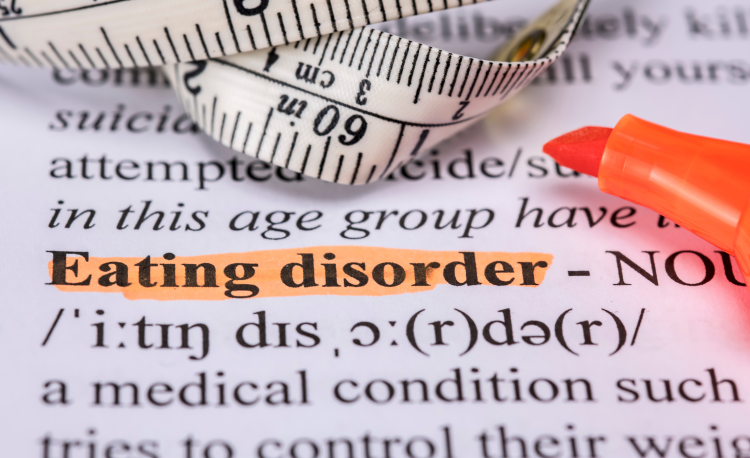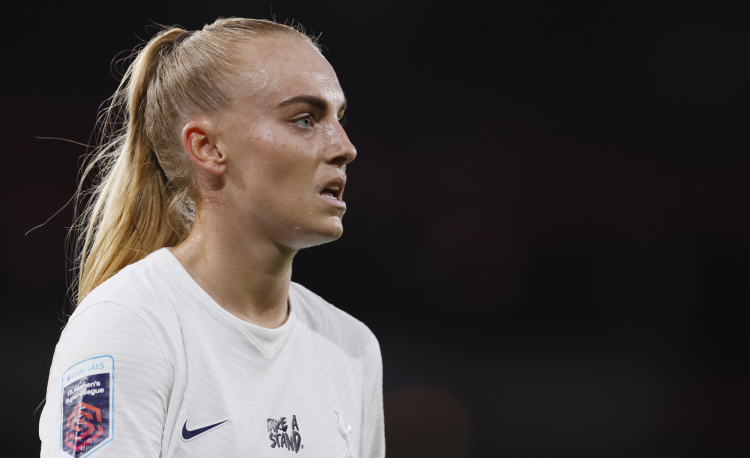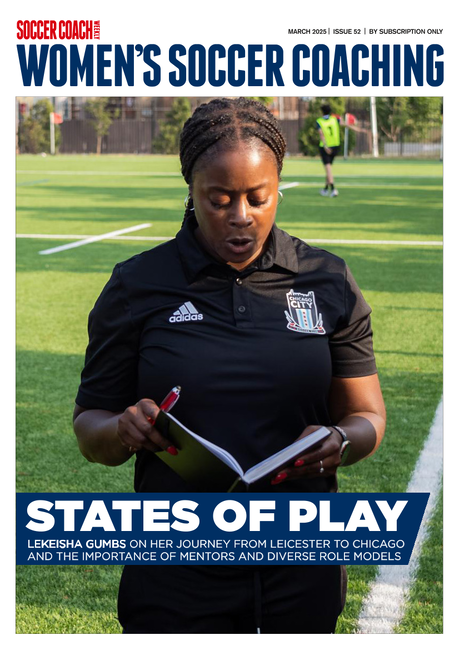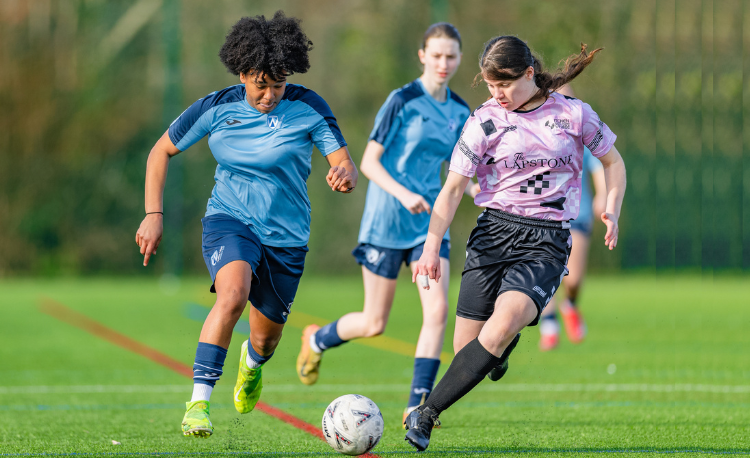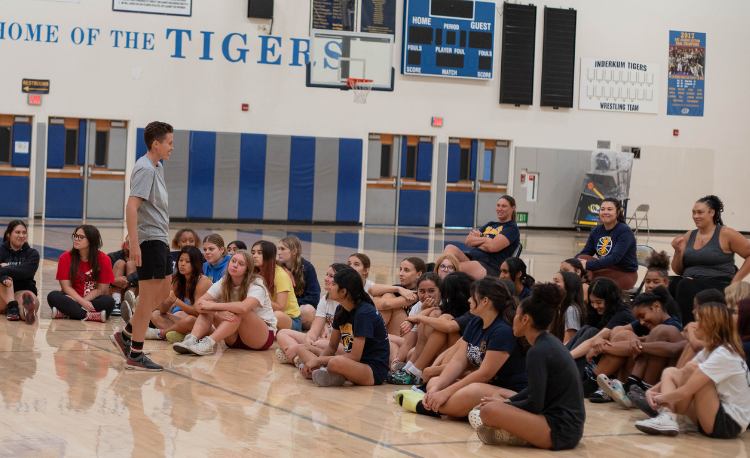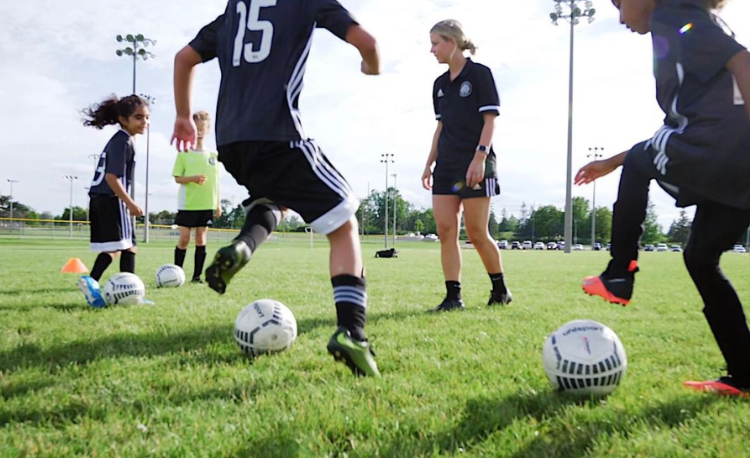You are viewing
1 of your 3 free articles
How disordered eating impacts female players
The risks to athletes go far beyond matchday. Here’s what you need to know.
At first, the signs of disordered eating can be subtle - and might even seem positive, if a player becomes leaner or moves faster.
But, very soon, at less than five days of energy restriction in the training athlete, the body becomes aware of restriction and starts to alter its normal balance.
Athletes restricting calories might experience relative energy deficiency in sport (RED-S). This is a syndrome that affects bone health, energy levels and has broad implications for overall health.
In restrictive conditions, the body naturally looks to stores of energy that include bone. This can put the skeleton at a disadvantage for recovery and at risk of a partial or full break, known as a bone stress injury.
The body will conserve energy by shutting down ‘non-essential’ functions. That is why a female athlete with energy restriction might miss menstrual periods.
The same hormones that govern fertility also support bone health, mood and recovery, so these can be negatively affected.
In purging conditions, if the athlete is vomiting this can lead to loss of essential electrolyte chemicals in the body. If specific elements like potassium become low, there is a risk of cardiac arrhythmia.
Over time, if an athlete does not have sufficient energy levels, this has an impact on immune health, cognition and even heart and gut health. In the long term, athletes with low energy availability risk osteoporosis.
These physical symptoms all run alongside mental health difficulties that can be present due to disordered eating. Eating disorders in themselves are a serious mental illness.
The effects of disordered eating will impact players’ cognition, gameday skills and, ultimately, their availability and, therefore, the possibility of getting selected.
The stages of disordered eating
Each person with disordered eating will have an individual journey.
Someone who has disordered eating without an eating disorder – because they are selective in food choices for, say, bodybuilding – may be more limited in reaching their goals than someone who can make the healthiest choices to support the demands on their body.
The journey with an eating disorder can be more steeply downhill. Some people manage for many years, but pick up more injuries and illness that may shorten their career.
Typically, their fear around food avoidance, restriction or purging becomes more overwhelming; sport becomes less of a priority than weight control or responding to the eating disorder’s voice. The person can become withdrawn and can be defensive if people try to help.
At worst, eating disorders are a serious psychiatric condition that can be fatal. As the brain gets less fuel, cognitive processes shut down to save energy and behaviours can escalate, into more severe restriction or purging and poorer coping. The athlete will ultimately break down physically.
The earlier someone with an eating disorder has specialist support, the better the outcome.
USEFUL RESOURCES AND LINKS
- BEAT: A UK charity which supports people with all types of eating disorder
- Project RED-S: A resource developed to help athletes experiencing Relative Energy Deficiency
- Health 4 Performance: A resource which has been created by health professionals at the British Association of Sports and Exercise Medicine to help athletes, health professionals and coaches supporting athletes understand energy balance
Related Files
Newsletter Sign Up
Newsletter Sign Up
Discover the simple way to become a more effective, more successful soccer coach
In a recent survey 89% of subscribers said Women's Soccer Coaching makes them more confident, 91% said Women's Soccer Coaching makes them a more effective coach and 93% said Women's Soccer Coaching makes them more inspired.
*includes 3 coaching manuals
Get Inspired
All the latest techniques and approaches
Women's Soccer Coaching offers proven and easy to use soccer drills, coaching sessions, practice plans, small-sided games, warm-ups, training tips and advice.
We've been at the cutting edge of soccer coaching since we launched Soccer Coach Weekly in 2007, creating resources for the grassroots youth coach, following best practice from around the world and insights from the professional game.
